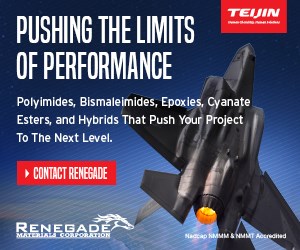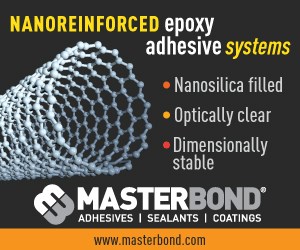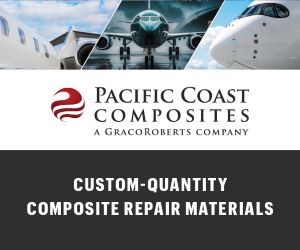Cored carbon air-supported vessel
Tuco Marine’s ASV a sustainable yet speedy craft.
Founded in 1998, Tuco Marine Group (Faaborg, Denmark) specializes in lightweight structures and hulls manufactured from composites, typically carbon fiber. Over the years, focus has shifted from sailboats to larger commercial structures, and to greater sustainability, say founders Jonas Pedersen and Jakob Frost: “We want to be creative and innovative, and to be stakeholders in developing the industry towards more environmentally sustainable vessels.” Toward that end, Tuco engineers recently teamed with DIAB International AB (Laholm, Sweden) for an Air Supported Vessel (ASV) Soft Motion Demonstrator, in collaboration with the Norwegian company Effect Ships International AS (ESI, Sandefjord, Norway). ESI and subsidiary SES Europe AS license the air cushion technology to interested parties. An ASV features a rigid monohull (no rubber skirts or pontoons) and a lift fan at the hull’s forward end. The fan channels air down into the central portion of the hull’s slightly recessed, flat underside, where it is contained by a low-profile border formed on the hull’s lower perimeter. This creates an air cushion that supports 70-80% of the hull weight, considerably reducing wetted surface area and lower hull water resistance, permitting greater vessel speed. This, in turn, reduces fuel consumption/operating cost, increases range, and provides a smoother ride.
To maximize the ASV technology’s benefits, Tuco used lightweight sandwich construction, combining DIAB’s crosslinked polyvinyl chloride (PVC) Divinycell core and carbon fiber laminates in a vacuum infusion process, to create the 18m by 5.2m demonstrator vessel, which can accommodate 12 passengers. During initial trials, two small Volvo Penta outboard motors propelled the ASV to a respectable speed of 37.2 knots.
Says Pedersen, “The benefits are obvious. With a lighter hull, the operational power can be reduced, which allows for a smaller engine that further lowers the overall weight. The fuel consumption decreases, as well as the carbon footprint of the vessel. The lower weight also allows for more passengers or heavier cargo, increasing the effectiveness of the vessel.” Watch a short video about the Tuco vessel and the ASV technology below:
Related Content
-
Plant tour: Albany Engineered Composites, Rochester, N.H., U.S.
Efficient, high-quality, well-controlled composites manufacturing at volume is the mantra for this 3D weaving specialist.
-
PEEK vs. PEKK vs. PAEK and continuous compression molding
Suppliers of thermoplastics and carbon fiber chime in regarding PEEK vs. PEKK, and now PAEK, as well as in-situ consolidation — the supply chain for thermoplastic tape composites continues to evolve.
-
Novel dry tape for liquid molded composites
MTorres seeks to enable next-gen aircraft and open new markets for composites with low-cost, high-permeability tapes and versatile, high-speed production lines.













